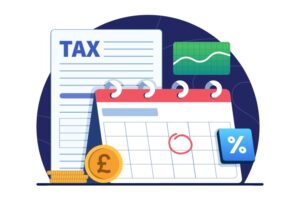The cash basis has been in existence for 10 years now, and it is a “simplified” regime to calculate taxable profits based on income when received and expenses when paid.
This basis ignores debtors – monies not paid to you by customers and creditors – bills you have not paid yet, and also ignores prepayments, accruals and stock adjustments. Whilst this can be a simplification as regards bookkeeping etc. and full accounts are not required, there are some restrictions which make it less attractive. Interest deducted is only allowable up to £500, and losses can only be set against profits of the same trade, not against other income.
Full accounts may also be required by lenders e.g. for mortgage purposes, and cash basis does not really give a good indication of business profitability. After all, accounts are not just for tax purposes.
The scheme is also aimed at very small businesses – to join, the business must have turnover less than £150,000 and it must leave the scheme if turnover exceeds £300,000.
It appears HMRC may be trying to expand the ability for businesses to use the cash basis – but is this really a sensible option?
We can discuss this in more detail with you if you would like to know more.










